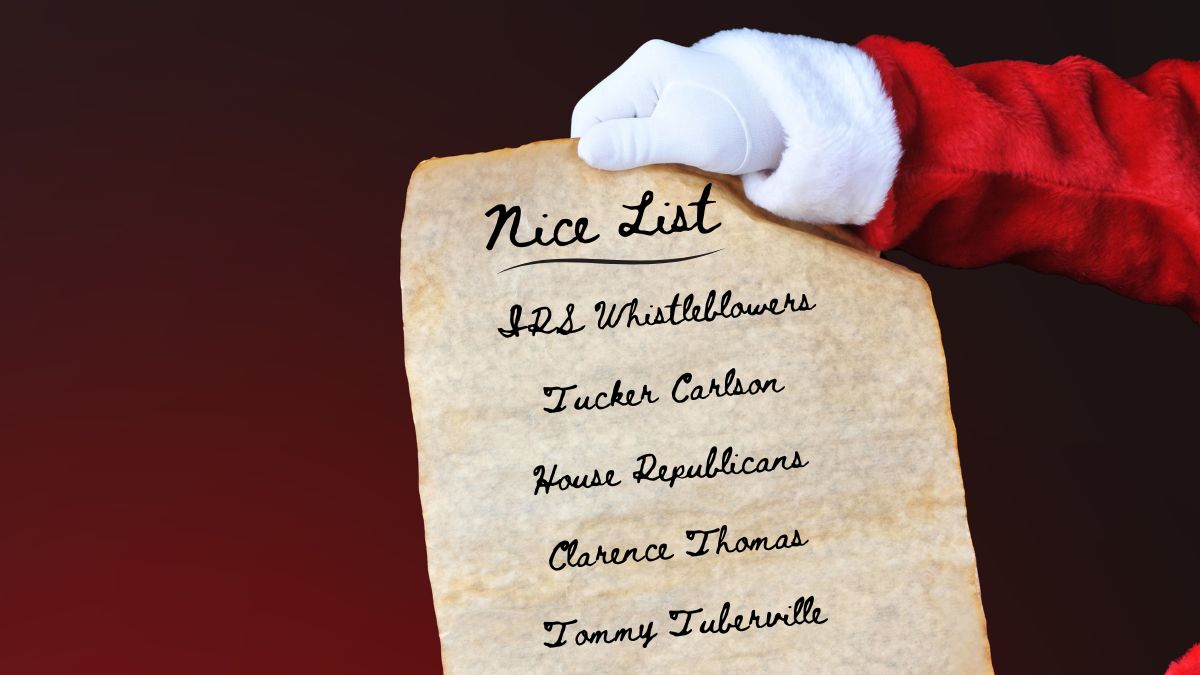
As the world enters this time of plague, we, the writers, must ask how we, the writers must respond. I know what I, The Greatest Living American Writer, must do. I must write.
As the last living survivor of the Spanish Flu pandemic of 1918, I find myself well-positioned to chronicle this pivotal moment in human history, and in literary history. My prose poem “Spanish, I Flu,” won the first National Book Award in 1920, and six universities continue to study it today. I’m proud to be part of a long tradition of productive plague authors.
Times of disease create great literature. William Shakespeare wrote “King Lear,” a good but somewhat overwrought play, during a bubonic plague outbreak. Geoffrey Chaucer penned “The Canterbury Tales” even though he was stricken with leprosy. Mary Shelley produced “Frankenstein” while encased in an iron lung, James Joyce manifested “Ulysses” when 75 percent of Dubliners were going mad from syphilis, and William Kennedy and Sylvia Plath wrote “Ironweed” and “The Bell Jar,” respectively, from the polio ward.
And now, the coronavirus cometh. I don’t appear to have contracted it yet, as the portrait of me that hangs in my foyer, the true sign of my longevity, hasn’t aged a minute. Besides, I haven’t left the house since 2006.
The only people I’ve come in contact with since then have been my beleaguered manservant Roger, my agent who is now dead, Philip Roth, with whom I shared the occasional uncomfortable and competitive lunch, and Joyce Carol Oates, who takes a shuttle over from Princeton for our quarterly snuggles.
But the visitors will come no more. As I gaze upon the valley below from the parapets of Mount Winchester, I am alone with my prose. And my health.
How will literature respond in this moment? Will it be with short stories? Novels? Essays in The New Yorker about “this is how it starts?” What are the thoughts of people named Jonathan? Does anybody know what time it is? Does anybody even care? As I wrote in “Spanish, I Flu,” “The corpses of stricken sanitation workers lined the streets of Philadelphia after the victory parade. A stench of hopelessness wafted through the brick. Through my gas mask, I could barely see my pen. I took notes furiously, wondering how quickly I could get to New York and publish this sucker.” How true that remains today.
Of all the things I’ve survived, this is definitely one of them. I made it through both World Wars, the Cold War, the Vietnam War, the AIDS epidemic, the Challenger explosion, Kent State, Watergate, two impeachments, six recessions, one depression, 9/11, and, the worst thing to ever happen in human history, the election of Donald Trump.
I’ve been there to chronicle it all, and collect awards. When the government releases us all from our COVID-19 prisons, I will be there to collect again, although I won’t attend because I’ll be too busy writing.
But first, provisions.
“Roger!” I call out.
My beleaguered manservant appears at the doorway to my parapet office.
“Yes, sir?” he says.
“How are we stocked for comestibles?”
“I went to Trader Joe’s this morning, sir.”
“And?”
“The freezer is full of steak and stout pies, and we have 75 boxes of Joe-Joe’s, as you requested. You have enough food to feed six people for six months.”
“Excellent!” I said. “I will never grow old and I will never die. Which is good, because the world needs me.”
“Plus,” Roger says, “my rooftop garden is showing a wonderful yield because it’s 12 degrees warmer than it should be this time of year.”
“God bless climate change!” I exclaim.
Roger coughs, a dry cough.
“Are you okay, fella?” I ask.
“Oh, yes,” he says. “I just have a mild fever, and a few aches and pains.”
“Well,” I say, “I’m sure you’ll be fine. Go make us some soup.”
“Yes, sir,” he says.
“Just slide it under the door.”
He coughs again. Good old Roger.
And now, it’s time to write. I’m already 300 pages into my coronavirus opus. By this time next year, it will be in every literate New York City apartment, and on every coffee table in Iowa City. Prepare yourself for the ultimate chronicle of our times, and of every time. I shall call it…
“Infinite Germs.”









